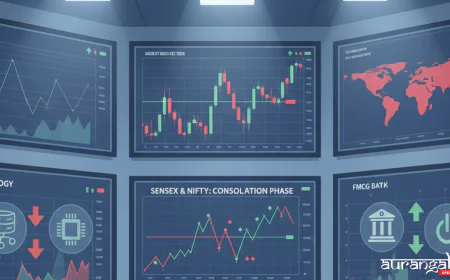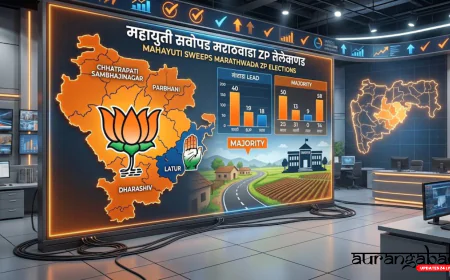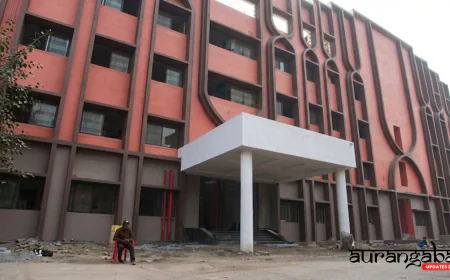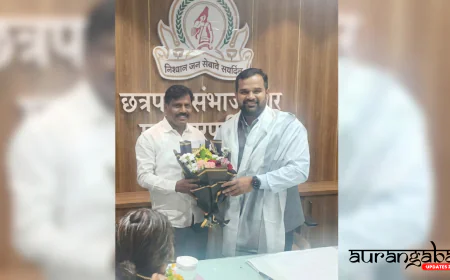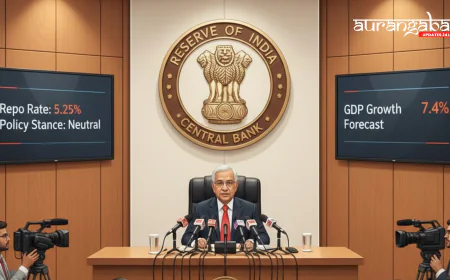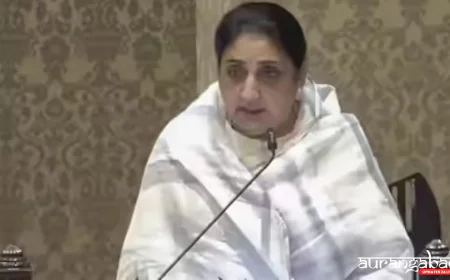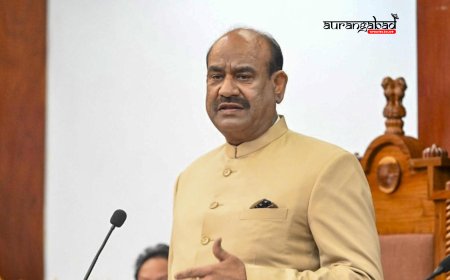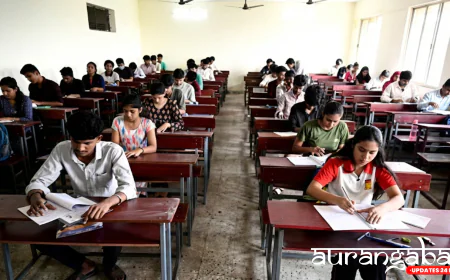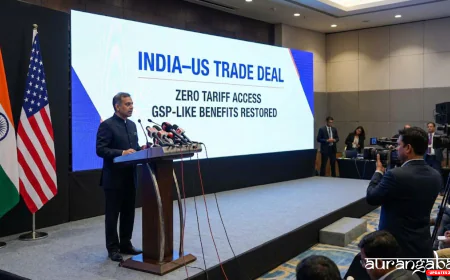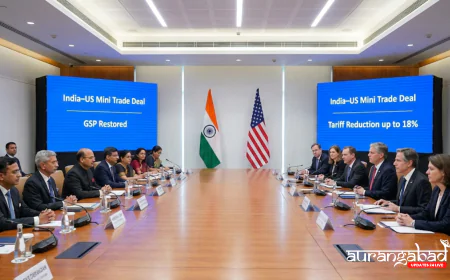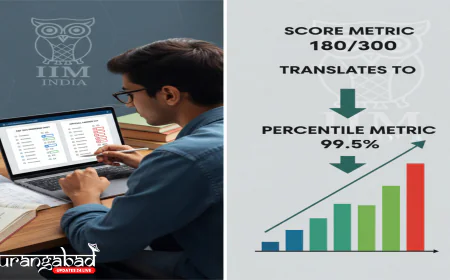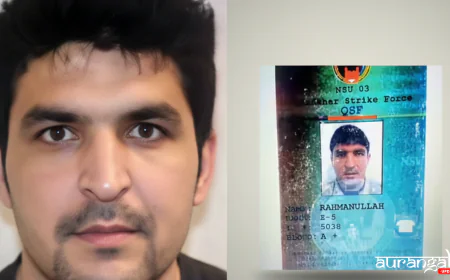Saudi Arabia's New Food Lab Regulations 2025: A Step Towards Enhanced Safety
Saudi Arabia's Ministry of Municipalities and Housing has unveiled strict new regulations for private food laboratories, effective from 2025. These rules aim to enhance food safety, improve urban compliance, and attract investment by standardizing spatial, technical, and visual requirements for laboratories.
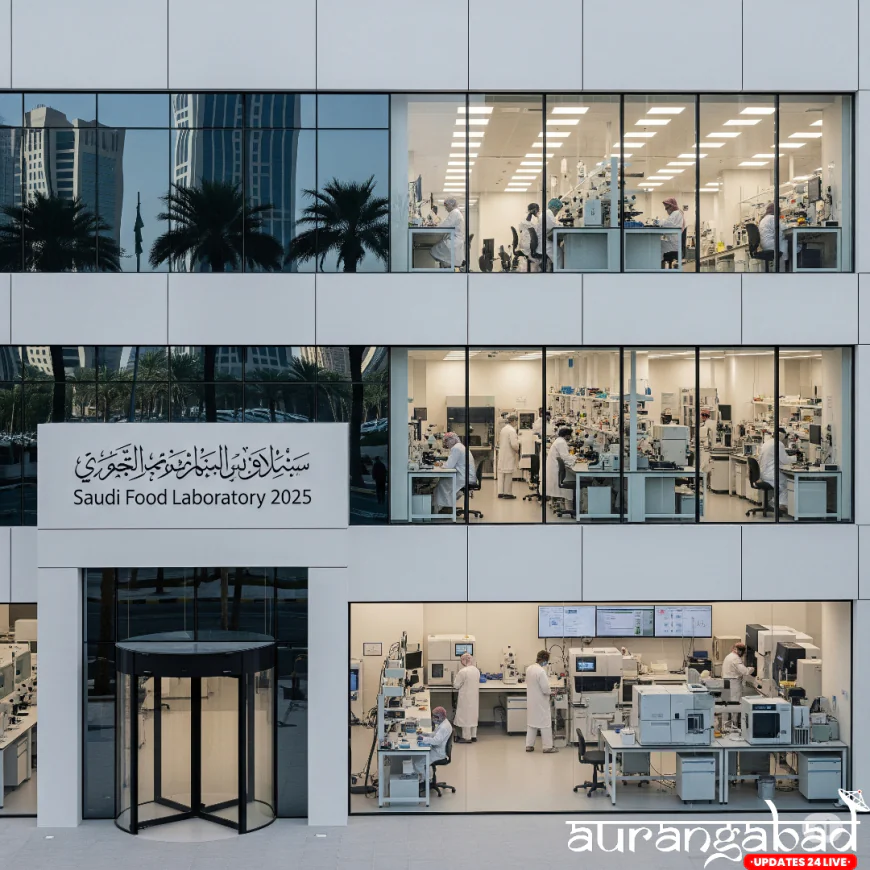
In a significant move to elevate public health standards and promote a more attractive investment environment, the Kingdom of Saudi Arabia has announced a set of stringent new regulations for private food laboratories. Enforced by the Ministry of Municipalities and Housing, these rules are set to take effect in 2025, marking a new chapter in the nation's commitment to food safety and urban development. The regulations, which also encompass conformity-assessment food labs, are designed to create a unified and high-quality standard across the private sector, leaving government-run labs as the only exception.
Spatial and Technical Mandates:
The new regulations are comprehensive, addressing various aspects of a laboratory’s operation, from its physical location to its technical infrastructure. A core requirement is that all private food labs must be situated within officially recognized urban boundaries. This ensures that these facilities are part of a regulated and planned urban landscape, rather than being established in unregulated or remote areas.
Furthermore, a minimum operating space of 100 square meters has been mandated for each laboratory. This specific requirement is aimed at ensuring that labs have adequate room for equipment, staff, and a clean working environment, which is crucial for maintaining accurate and reliable testing. The rules also extend to the aesthetic and functional aspects of the building itself, stipulating that the facilities must provide a specific number of dedicated parking spaces.
Visual and Urban Compliance:
Beyond the technical and spatial requirements, the new regulations place a strong emphasis on visual compliance and urban aesthetics. To maintain a clean and professional appearance, private food labs are prohibited from having visible wiring or air-conditioning units on their building facades. This regulation is part of a broader push to improve the visual quality of Saudi Arabia’s urban centers, aligning with the Kingdom’s overarching goals of creating a better quality of life for its citizens and residents.
These measures are not just about looks; they are about fostering a climate of excellence and order. By standardizing the external appearance of these facilities, the government aims to project an image of professionalism and high standards, which in turn can attract more investment and business partnerships.
A Strategic Vision for the Future:
These new regulations are a key component of Saudi Arabia’s ambitious Vision 2030, a strategic framework to reduce the country’s dependence on oil and diversify its economy. By strengthening the food safety sector, the Kingdom is not only safeguarding public health but also positioning itself as a reliable and high-standard hub for food production and trade in the Middle East.
The move to regulate private labs signals a clear intent to elevate national standards to match international benchmarks. This will not only boost consumer confidence in domestically produced food but also facilitate the export of Saudi food products, as they will be certified by labs that adhere to globally recognized best practices.


